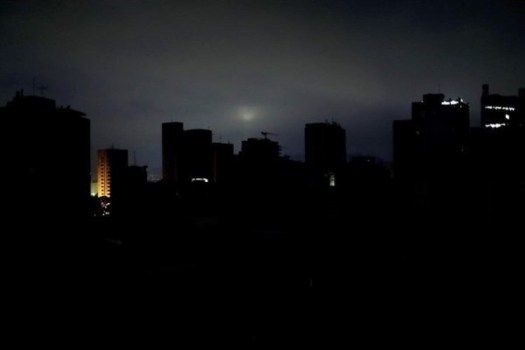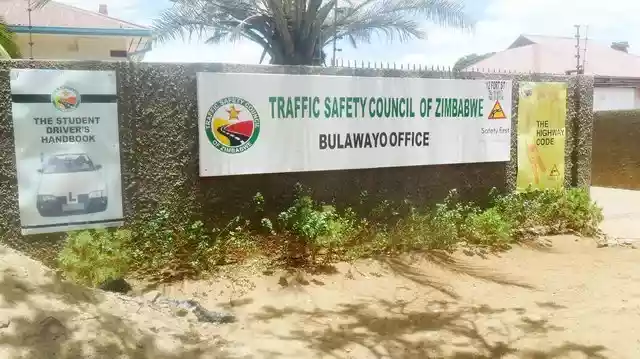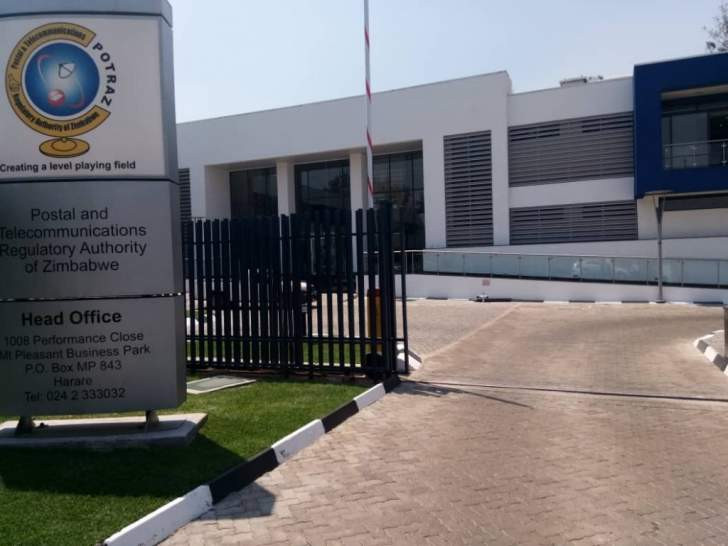
BY SILAS NKALA
THE Zimbabwe Electricity Supply Authority (Zesa) has said that revenue it collects from electricity payments was not enough to finance replacement of vandalised infrastructure.
This was said by Zesa Southern region manager Lovemore Chinaka during a virtual discussion organised by the National Consumer Rights Association last week to deliberate on energy challenges facing the country.
“Tariff increases have no room for replacement of vandalised assets. Things aren’t normal for the utility. We are operating with 35% of vehicle requirements and have to be assisted by customers. The current tariffs do not have a capital development portion,” Chinaka said.
“The elements covered by the tariffs are already suffering because money keeps going towards replacement of vandalised infrastructure. Imagine what could have been done with the resources used to replace vandalised infrastructure.”
In an interview yesterday on State radio, Zesa spokesperson George Manyaya said the power utility was losing close to $1,4 billion per annum to vandalism.
On January 1, Zesa announced a new tariff increase, which will see the first 50 units or kilowatt hours costing $2, 25/kWh, and the next 50 units costing $4, 51/kWh, while the next 100 units will cost $7, 89/kWh. Everything after that will cost $13, 50/kWh.
Indications are that consumers will have to fork out $2253 to purchase 300 units, while 400 units will cost $3 547, and one must add $1 350 for every block of 100 units after that.
- Chamisa under fire over US$120K donation
- Mavhunga puts DeMbare into Chibuku quarterfinals
- Pension funds bet on Cabora Bassa oilfields
- Councils defy govt fire tender directive
Keep Reading
- Follow us on Twitter @NewsDayZimbabwe










